Legal question- Who 'owns' different seed varieties
castiliana
18 years ago
Related Stories

DECORATING GUIDESHemp, Hemp, Hooray! This Superplant May Be Legal Again in the USA
Hemp products are durable, sustainable, antibacterial and much more. Will the plant finally get the status it’s due in the States?
Full Story
GARDENING GUIDESHow to Plant a New Lawn From Seed
Choose from more grass varieties and save money over sod by starting your lawn from seed
Full Story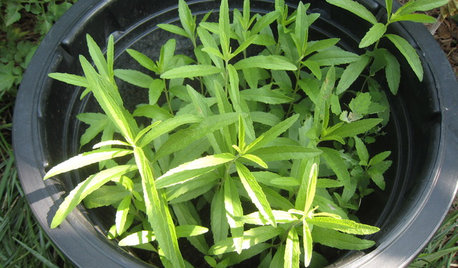
FALL GARDENINGBe Your Own Wildflower Nursery
Gather seeds from your garden in fall, and you'll have a selection of plants for next year — without spending a dime
Full Story
KITCHEN DESIGN9 Questions to Ask When Planning a Kitchen Pantry
Avoid blunders and get the storage space and layout you need by asking these questions before you begin
Full Story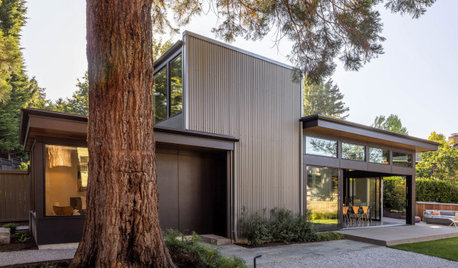
WORKING WITH PROS10 Questions to Ask Potential Contractors
Ensure the right fit by interviewing general contractors about topics that go beyond the basics
Full Story
WORKING WITH PROS9 Questions to Ask a Home Remodeler Before You Meet
Save time and effort by ruling out deal breakers with your contractor before an in-person session
Full Story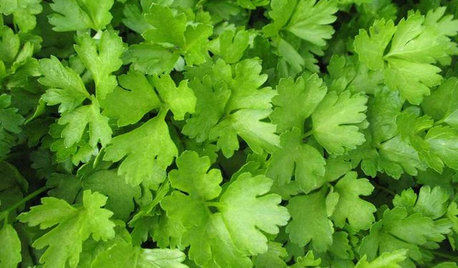
EDIBLE GARDENSHerb Garden Essentials: Grow Your Own Parsley
Mere garnish no more, parsley comes in flavorful and interesting varieties to decorate the garden and jazz up your cooking
Full Story0
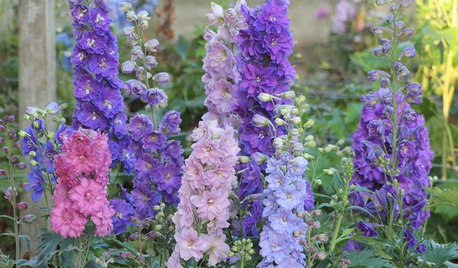
GARDENING GUIDES6 New Plant Varieties That Beat Out Their Parents
With better resistance and fewer demands, these garden beauties are worth a spot on your wish list
Full Story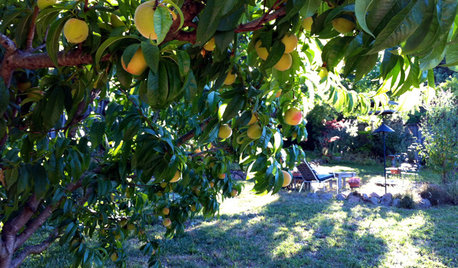
EDIBLE GARDENSHow to Grow Your Own Peaches and Nectarines
Make gardening a little sweeter with these juicy fruits, which you can eat after plucking or preserve for later
Full Story






mylu
gardengal48 (PNW Z8/9)
Related Professionals
Accokeek Landscape Architects & Landscape Designers · Redondo Beach Landscape Architects & Landscape Designers · Saint Louis Park Landscape Architects & Landscape Designers · Sand Springs Landscape Architects & Landscape Designers · Costa Mesa Landscape Contractors · Panama City Beach Landscape Contractors · San Antonio Landscape Contractors · Shoreview Landscape Contractors · Waldorf Landscape Contractors · Casselberry Landscape Contractors · North New Hyde Park Handyman · Concord Driveway Installation & Maintenance · Grand Rapids Driveway Installation & Maintenance · New River Driveway Installation & Maintenance · Raynham Driveway Installation & MaintenancecastilianaOriginal Author
Burnet
cricket_savingourseed_org